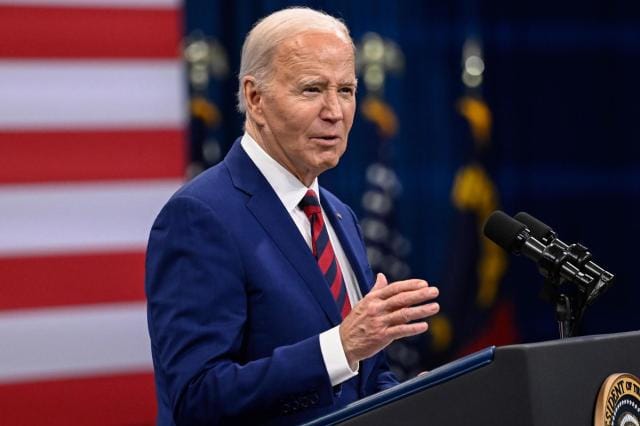Examining the Impact of Biden’s Tax Plan on Average Americans
Amidst the backdrop of economic uncertainty, President Joe Biden’s proposed 2025 budget has sparked intense debate over its potential impact on the American middle class. With record spending and soaring debt forecasted, concerns are mounting over the implications of what some are calling ‘Bidenomics’—a term reflecting the administration’s economic policies, which have coincided with rising prices affecting households across the nation.
At the heart of the controversy is the tax plan, which includes significant hikes in corporate taxes. The president has assured that individuals earning less than $400,000 will not see their taxes increase, yet critics argue that the proposed changes to corporate rates will indirectly burden consumers. The plan suggests a one-third increase in the U.S. corporate tax rate to 28 percent and a substantial rise in the corporate alternative minimum tax.
While these measures may resonate with populist and progressive audiences, there is a growing discourse on the true bearers of corporate tax burdens. According to Phil Gramm and Mike Solon in a recent op-ed for The Wall Street Journal, corporations typically pass on increased tax costs to consumers through higher prices for goods and services. They also note that employees and investors often share the weight of these taxes.
Investors, as highlighted by Gramm and Solon, include a broad swath of average Americans. Pension plans, 401(k)s, individual retirement accounts, charitable organizations, and life insurance companies—entities relied upon by many for future financial security—comprise a significant portion of domestic stock ownership. Furthermore, a Treasury study cited by the authors reveals that nearly half of U.S. families pay more in corporate taxes than in individual income taxes, suggesting that Biden’s corporate tax plan could hit low- and middle-income earners harder than an increase in their personal income tax rates.
As the political campaign season approaches, Republicans may focus on these economic realities to challenge the current administration’s policies. They aim to draw attention to the corporate tax proposals and their connection to the president who presided over the inflationary period that has strained American families—a period of inflation that, according to critics, Mr. Biden did not anticipate.






